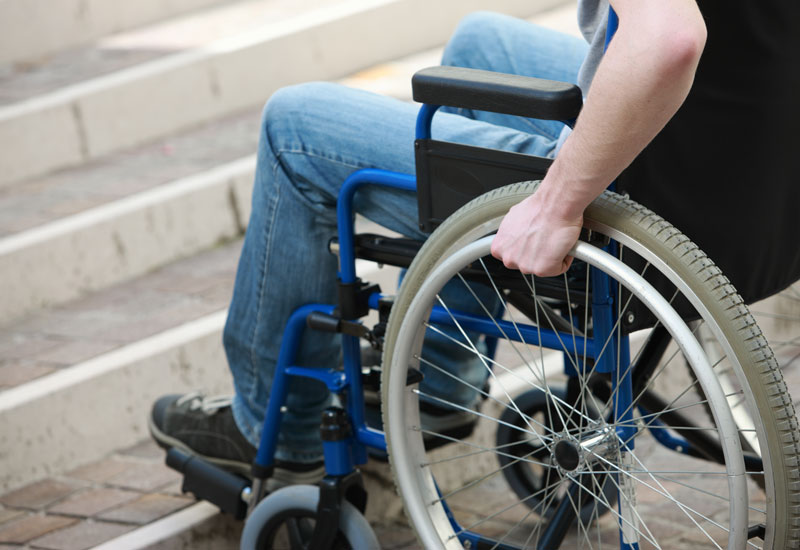Tourism has grown leaps and bounds in the GCC, but there still remains a market uncaptured. The Dubai Inclusive Development Forum took place in Dubai on October 11-12, 2015, where experts in the field came together to discuss best practices and opportunities for inclusive tourism to thrive, not only in Dubai but across the region.
“There are several terms such as inclusive tourism, accessible tourism, or wheelchair tourism, which boils down to one fact — providing accessible tourism for all,” said Dr Ivor Ambrose, consultant and managing director at European Network for Accessible Tourism (ENAT).
There is a growing population of people with disabilities, believed to be measured in the area of one billion people, that are looking to travel, and the onus is on TAs, governments of countries, suppliers and most importantly the hotels, to provide easy accessibility.

| Advertisement |
Research from VisitEngland notes that accessible tourism accounts for 14% of the overnight hotel occupancy with growth in the value of three time that of tourism in total.
Rehab International, New York, secretary general, Venus Illagan underlines that fact: “It’s not only disabled people, but elderly people as well, everyone has the right to travel.”
Although the industry is driven by the private sector, governments have a major role in regulating the travel and tourism of a country.
“Governments ensure there are laws in place for accessibility. When a place is being built, for example, it needs to be accessible ready. New York had 54 million visitors last year, do we know how many of those were people with disabilities? A lot of surveys and studies need to be done by government, which at this point is not too frequent,” said Victor Calise, commissioner, New York City mayor’s office for people with disabilities, who is also a former Paralympic athlete.
Hotelier Middle East contacted a few hotels to discuss the issue, and operators seem to have geared themselves up to match up to the supply of inclusive tourists.
Salalah Rotana Resort general manager Hossam Kamal said: “A number of rooms in the resort have been designed specially to accommodate guests with disabilities and elderly guests. All rooms are located on the ground floor making them easily accessible by wheelchair. Room amenities have been positioned lower for easy reach such as the key card slot, lighting control switches, towel rack, storage cabinets and wardrobe.” The Omani resort has welcomed 54 guests with disabilities since it opened in March 2014.
Meanwhile, the Ajman Palace Hotel in the United Arab Emirates has a slightly different approach. The hotel goes all out to ensure they pamper their guests, offering them deluxe rooms (which the hotel has only three of), located near the elevator for easy access.
“We have special Braille telephones with jumbo dial pads, Deafgard vibrator pillow alarms and vibrator room alarms that help guests enjoy a comfortable stay,” said Ferghal Purcell, general manager of the Ajman Palace Hotel, which received two guests in 2014 and 14 guests with disabilities so far this year.
Illaghan told Hotelier exclusively that Dubai has been kind to her on her maiden voyage to the country. “I have travelled to 82 countries, sampling the facilities right from the airport to the hotel room and everything in between,” said Illaghan, who uses a wheelchair.









 Search our database of more than 2,700 industry companies
Search our database of more than 2,700 industry companies









